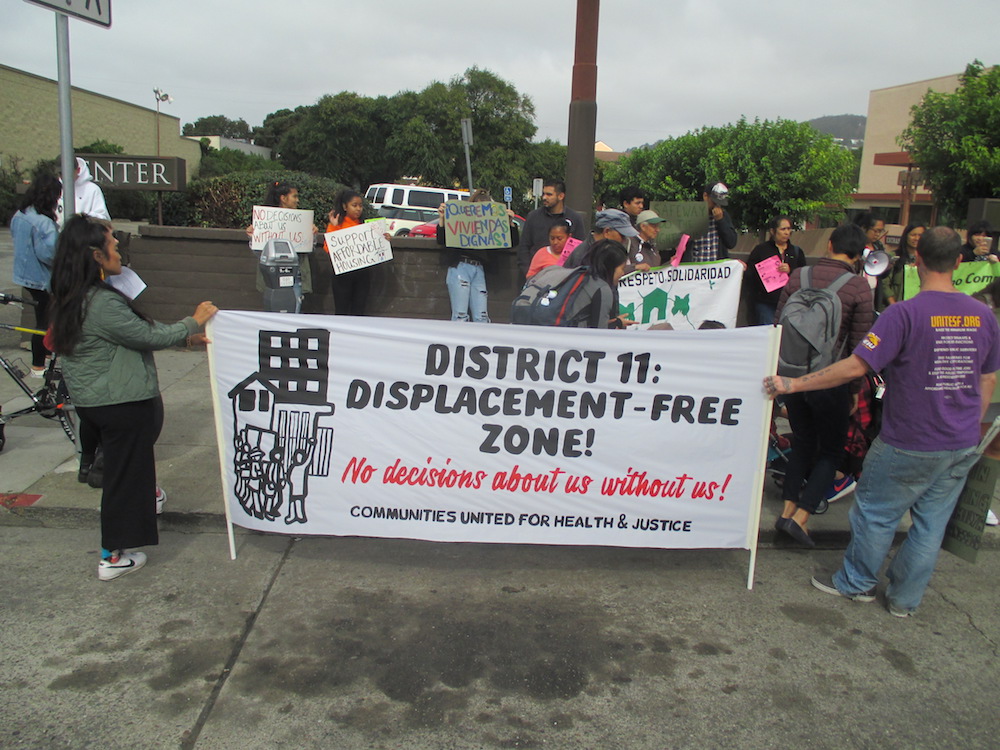Editor’s note: Zelda Bronstein’s article on the academic discussions around the role of local government regulation in housing prices has stirred up a lot of discussion. I particularly reached out to the three professors she had criticized, Michael Manville, Michael Lens, and Paavo Monkkonen, and asked for their comments.

While all of this may seem, well, academic, it matters a lot: The debate in the world of urban planning scholars fairly quickly becomes part of the debate in public-policy circles, and public officials (like Sen. Scott Wiener of SF) are moving to restrict the ability of local government to regulate land use in the name of encouraging more housing.
Manville and his colleagues, whether they intend to or not, are providing the academic (and they would argue data-based) backing for the political argument that the state and federal government ought to intervene and force cities and counties to allow more, denser development.
I have been writing about this for years. I have yet to be convinced that the price of housing in CA is entirely or even largely determined by local zoning. I’m not against density, but I have always believed that the issue is more about speculative investment capital than about local rules and that allowing more market-rate development in some neighborhoods leads to more, not less, displacement.
More: Cities are really, really complex economic entities, and the idea that you can single out one factor (local zoning) and link it to the cost of housing defies reality.
As I said when I reached out to Manville, who is a professor at UCLA:
I would argue that the issue of local housing prices is so immensely complicated that there is no way anyone, even with a supercomputer and the best linear regressions ever written, could isolate local zoning rules as a singular factor impacting urban housing costs, even in a single city and certainly not for cities in the US in general, but that’s just me.
But I am happy to publish this response from Manville, Lens, and Monkkonen, and Bronstein’s response to them. So far, much of the news media and political discussion is taking the Manville, Lens, and Monkkonen position; I think we should have a spirited debate about the data and what it shows.
You can read the UCLA professors’ commentary here.
You can read Bronstein’s response here.




